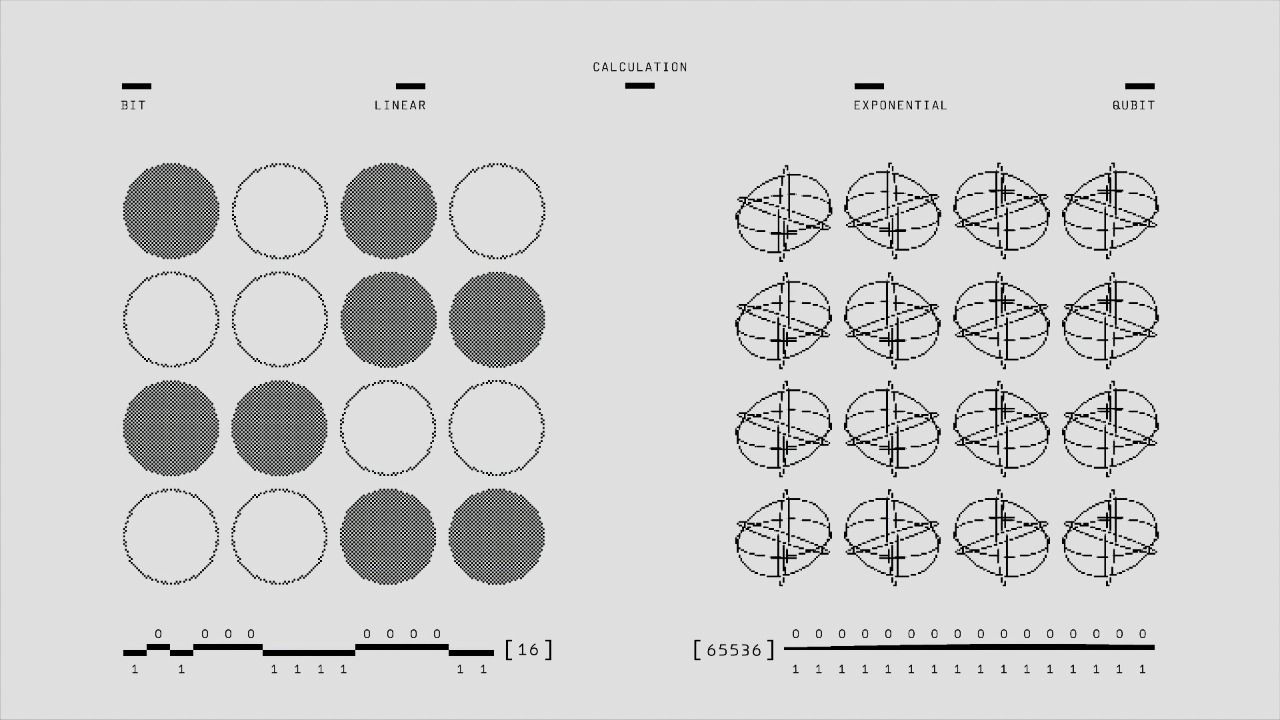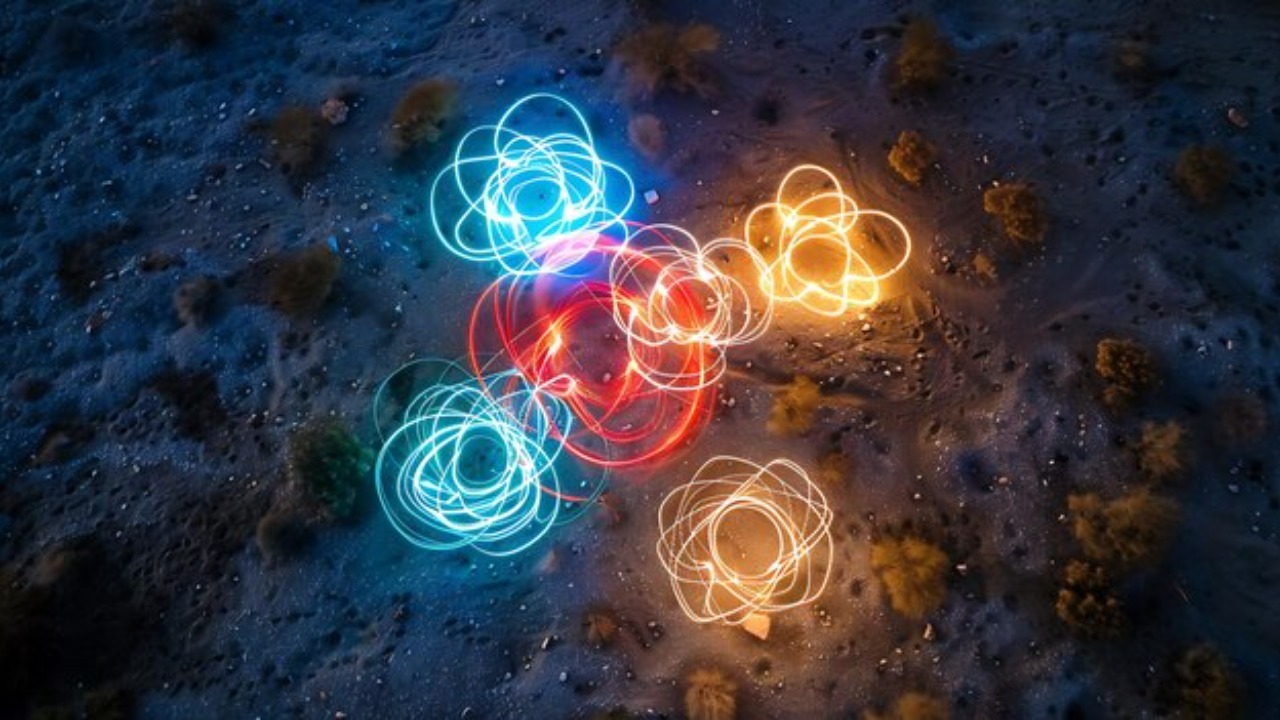Quantum immortality is a controversial and fascinating concept that emerges from the interpretations of quantum mechanics, suggesting that consciousness could survive beyond physical death in an infinite number of alternate realities. This idea, while rooted in theoretical physics, raises profound questions about the nature of life, consciousness, and the universe itself. Exploring the scientific theories, philosophical implications, and ethical considerations surrounding this intriguing idea offers a glimpse into the potential intersections of science and our deepest existential questions.
The Basics of Quantum Mechanics

Superposition and Many-Worlds Interpretation
At the heart of quantum mechanics lies the principle of superposition, where particles exist in multiple states simultaneously until an observation collapses them into a single state. This peculiar behavior challenges our classical understanding of reality, leading to various interpretations. Among these, the Many-Worlds Interpretation (MWI), proposed by Hugh Everett III, suggests that all possible outcomes of quantum events occur, each in its own separate, branching universe.
The Many-Worlds Interpretation provides a framework where every quantum event leads to a divergence of realities, creating an unfathomable number of parallel universes. In this context, each decision or random event spawns new branches, where each possibility is realized. This interpretation has profound implications for our understanding of reality, suggesting that every conceivable outcome actually happens, albeit in different universes.
Quantum Measurement and Observer Effect
The observer effect in quantum mechanics highlights the impact of observation on particle behavior, a phenomenon that has puzzled scientists for decades. When a quantum system is measured, its wave function collapses, resulting in a single outcome from the myriad possibilities defined by its superposition. This has led to debates about the role of consciousness in the collapse of wave functions and its potential connection to quantum immortality.
Some interpretations propose that consciousness might influence or even determine the outcome of quantum events, placing it at the core of reality’s fabric. If true, this could imply that consciousness persists across different branches of the multiverse, leading to the notion of quantum immortality, where one’s subjective experience continues in a universe where survival occurs.
Understanding Quantum Immortality

The Thought Experiment
The concept of quantum immortality is often illustrated through the thought experiment known as quantum suicide. This thought experiment involves a scenario where a quantum mechanism determines life or death, repeatedly, in a way that should statistically lead to death. However, according to the Many-Worlds Interpretation, there will always be at least one universe where the individual survives.
This idea challenges traditional views of life and death, suggesting that from the individual’s subjective perspective, they would never experience death. Instead, they would continue to exist in the universe where they survive, raising questions about the nature of personal identity and the continuity of experience across multiple universes.
Survival Across Multiple Universes
The hypothesis of quantum immortality posits that consciousness persists in a universe where survival occurs, even when death is a certain outcome in others. This raises intriguing questions about what it means to be ‘alive’ and how identity is maintained across different realities. If consciousness continues in an alternate universe, does it retain the same sense of self, or is it fundamentally altered?
The implications of this hypothesis extend to our understanding of identity and existence. If consciousness is indeed capable of surviving death by transitioning to alternate realities, it challenges the notion of a singular life experience, suggesting instead a tapestry of interconnected yet distinct lives.
Philosophical and Ethical Implications

Consciousness and Reality
The intersection of quantum mechanics and consciousness presents profound philosophical questions about the nature of reality. Some argue that consciousness might play a fundamental role in shaping reality within the multiverse framework, potentially influencing the outcomes of quantum events. This raises the question: is reality a construct shaped by the conscious mind?
Such a perspective invites debates about the nature of self and existence in a multiverse, challenging traditional philosophical views. It suggests a reality where the self is not bound to a single, linear experience but is instead part of a vast, interconnected web of possibilities.
Ethical Concerns of Immortality
The potential for quantum immortality also brings forth ethical considerations. If consciousness can indeed continue indefinitely across multiple universes, it poses questions about the moral and ethical implications of such a possibility. What would be the societal impact if quantum immortality were proven true? How would it affect our understanding of life, death, and the value we place on our experiences?
These questions challenge us to consider the broader implications of living in a multiverse where death may not be the ultimate end. The idea of immortality, even in a quantum sense, forces a reevaluation of ethical frameworks and societal norms, as it fundamentally alters the human experience.
Scientific Criticisms and Challenges

Skepticism from the Scientific Community
The concept of quantum immortality is met with skepticism from the scientific community, primarily due to the lack of empirical evidence and the challenges in testing such an idea. Critics argue that while the Many-Worlds Interpretation provides a theoretical basis, it remains speculative without concrete proof.
Moreover, the idea of consciousness continuing across alternate realities is difficult to validate within the current framework of physics. The absence of a clear mechanism for such a phenomenon leads many to view quantum immortality as an interesting but ultimately unprovable hypothesis.
Limitations of Current Theories
Despite the intrigue surrounding quantum immortality, there are significant limitations and gaps in our understanding of quantum mechanics that hinder its acceptance. Theories about the role of consciousness in quantum events are not universally accepted, and the nature of the multiverse remains largely theoretical.
Further research and exploration in quantum physics are needed to address these limitations. Until then, quantum immortality remains a tantalizing yet elusive concept, inviting both scientific inquiry and philosophical reflection.
Future Directions in Quantum Research

Advancements in Quantum Computing and Technology
Emerging technologies in quantum computing offer new avenues for exploring the mysteries of quantum mechanics and consciousness. As quantum computers become more advanced, they may provide insights into the fundamental nature of reality and potentially offer experimental breakthroughs related to quantum immortality.
These technologies hold the promise of enabling scientists to simulate and test quantum phenomena in ways that were previously impossible, potentially shedding light on the validity of concepts like quantum immortality.
Interdisciplinary Approaches
To fully explore the implications of quantum mechanics on consciousness, interdisciplinary collaboration between physicists, philosophers, and neuroscientists is essential. By combining insights from these diverse fields, researchers can better address the profound questions raised by quantum immortality.
The future of quantum research lies in bridging the gap between science and philosophy, encouraging a holistic approach to understanding the universe and our place within it. As we continue to explore these uncharted territories, we may inch closer to unraveling the mysteries of existence and consciousness.